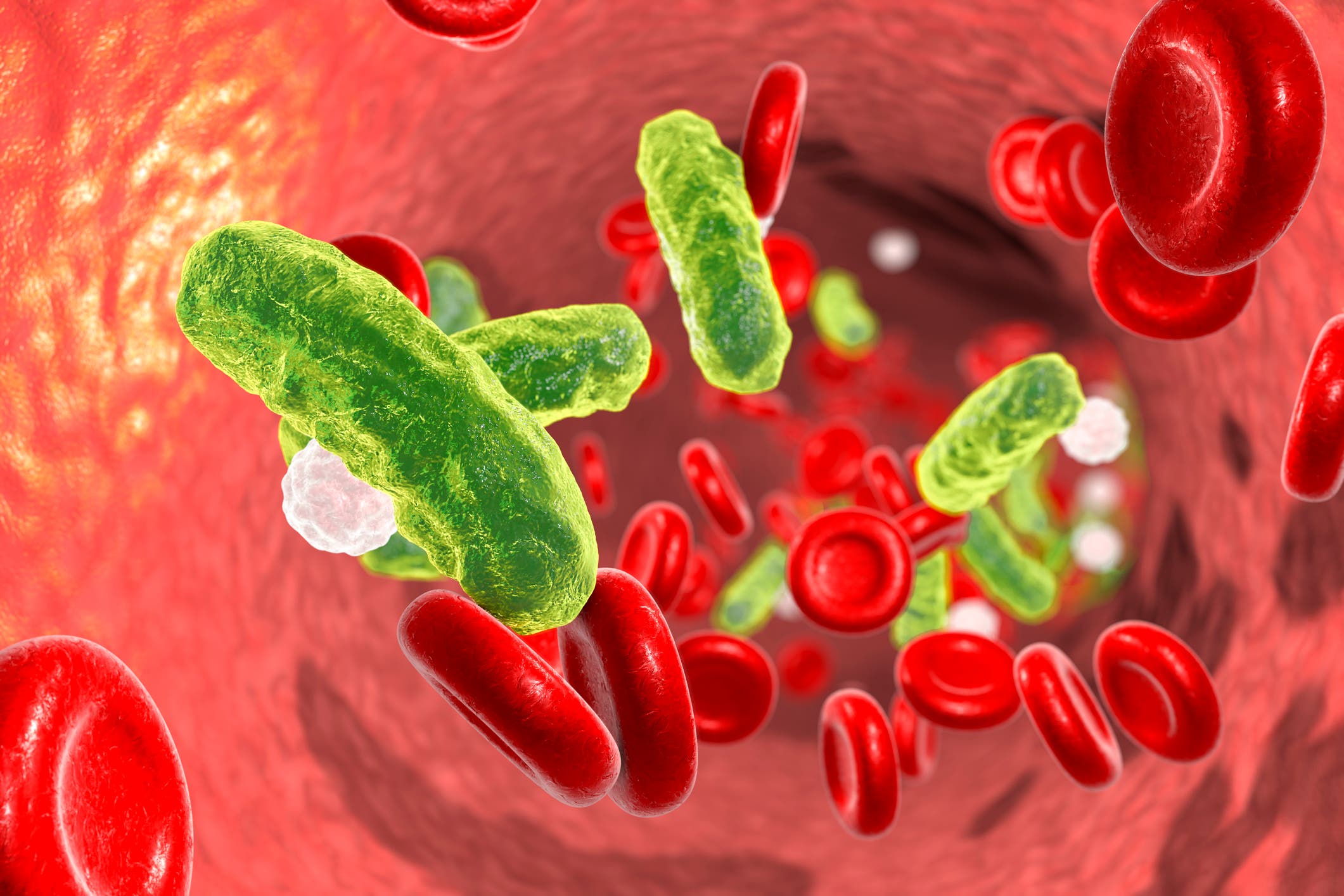Health experts in the region say employers need to educate their employees about the spread of bacteria to keep healthy offices, as people return to their workplaces after the COVID-19 pandemic.
Commonly touched areas such as keyboards, phones, microwave handles, vending machine buttons, computer mouses, desks and restrooms are prime breeding grounds for the spread of bacteria. Some studies show an average keyboard can have over 200 types of bacteria, more than a toilet brush.
Illness-causing bacteria is a key contributor to many working days lost to sickness, and a fall in productivity each year.
In the wake of the pandemic, experts are saying it is more important than ever to make sure office environments are clean and safe, and help employees stay healthy and protected.
“Strict hygiene measures have become much more important now, more than ever,” said Dr Amaka Kate Uzu, a consultant in family medicine at Bareen International Hospital – MBZ City.
“The pandemic has definitely made us all more aware of the necessary hygiene measures that we need to practice on a daily basis.”
Maintaining good hygiene levels, both on a personal level and in the workplace, is the first line of defense against bacteria – and in the spread of diseases such as COVID-19, said Dr Uzu.
“As most offices start to open up, it is vital that they have made provision, that will ensure employees are educated on the necessary hygiene measures needed at the workplace, and what tools have been made available by the employers to ensure the employees feel safe enough to return back to work.”
Dr Muhammed Shafeeq, a pulmonology specialist at Aster Hospital, Al Qusais, UAE, said increasing hygiene awareness among workers is a key element to keep a workplace clean.
A bacteria breeding ground
“Surfaces such as desks and tables and objects such as telephones and keyboards. need to be wiped with disinfectant regularly
“Because contamination on surfaces touched by employees and customers is one of the main ways that COVID-19 – and other germs – spread.”

Employers should promote regular, and thorough hand washing to their employees and customers.
Hygiene guidelines by the World Health Organization suggest washing you hands for a minimum of 40 seconds, at least six times a day using a liquid hand wash.
While in the office, workers should make sure to clean and disinfect surfaces, especially keyboards, phones, desks and restrooms.
“Put sanitizing hand rub dispensers in prominent places around the workplace. Make sure these dispensers are regularly refilled. Promote good respiratory hygiene in the workplace.”
“Ensure face masks and paper tissues are available at your workplaces along with closed bins for hygienically disposing them.”
Employees should also be instructed to avoid touching eyes, nose or mouth without washing their hands first, the doctor said.
“All employees need to stay at home even if they have just a mild cough or low-grade fever.”
Dr Mariam Zaidi, a physician and general practitioner at Burjeel Hospital for Advanced Surgery in Dubai, said the COVID-19 pandemic means extra vigilance from employers and employees about hygiene, is required.

Without proper hygiene etiquette, germs spread quickly from one person to the next, including food-poisoning bacteria such as Salmonella, Escherichia coli (E. coli) and Staphylococcus. Germs can live on surfaces for months.
Between the keys, the mouse, and the phone, there are millions of bacteria lurking — more than the average toilet seat. These private surfaces harbor microorganisms that cause colds and flu, with thousands of germs per square inch.
In an infographic by The Cleaning Services Group, a national cleaning specialist in the UK, released data about dirty office spaces, that revealed that, contrary to popular belief, 80 percent of infections are transmitted via contaminated surfaces, such as an office desk — not coughing and sneezing.
In comparison to office toilets, which has 49 microbes per square inch, office telephones harbor over 25,000 germs per square inch, while keyboards and computer mice contain between 1,000 to 3,000 germs.
Dr Zaidi said: “With employees coming back to offices and their workplaces, we must be adapting to extra precautionary measures.
“Common places, accessed by all should be sanitized in regular intervals. Doorknobs, conference rooms, pantries, and similar places should always be kept clean and sanitized.
“Lifts and escalators in the offices shall also be sanitized regularly as these places are points of high contact.
“Also, offices should have proper ventilation facilities.”
Workers should not eat at their desks because crumbs can allow workspaces to become breeding grounds for bacteria.
Dr Zaidi said: “We should also be careful in using others’ things at the office and food sharing and get-together of employees should also be restricted.”







